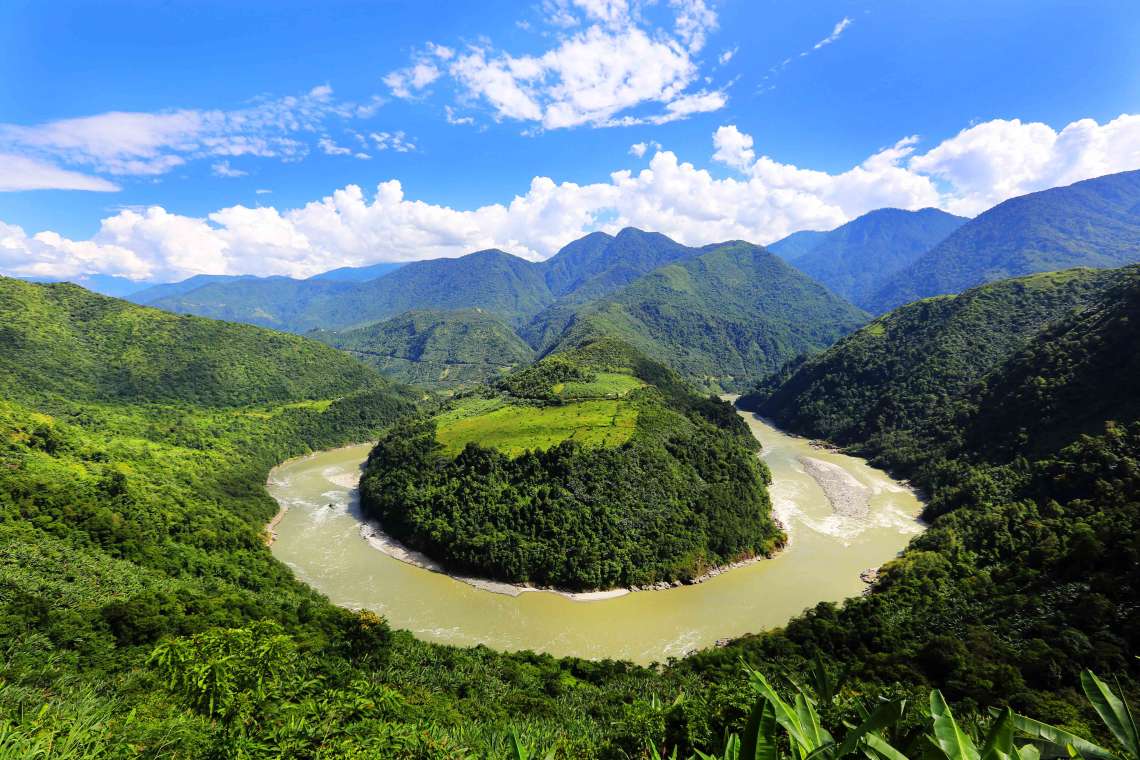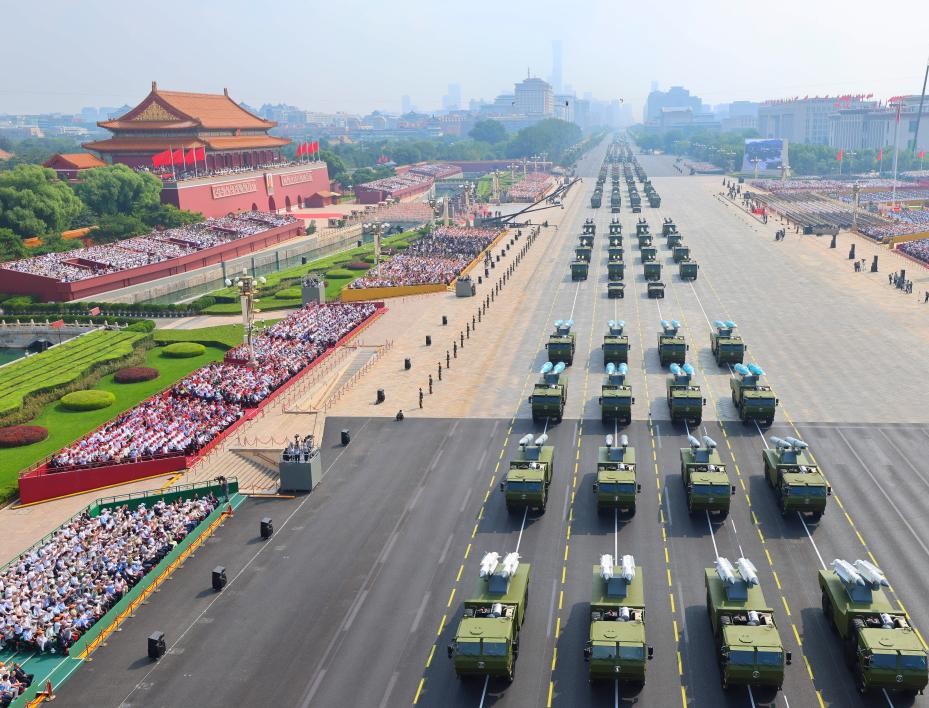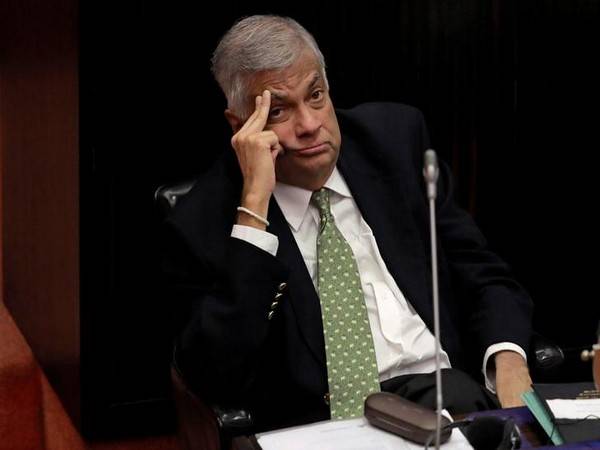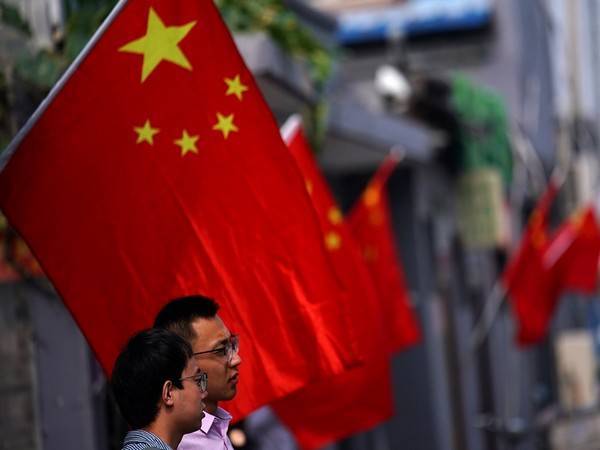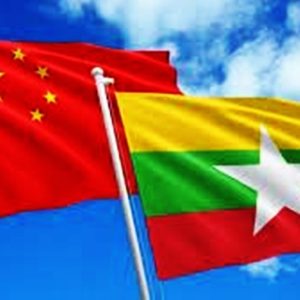The authors of the book also found that, in the run-up to elections, these areas often saw sharp increases in Chinese government-backed funding…reports Asian Lite News
China’s financing of overseas projects has disproportionately benefited the core political supporters of incumbent presidents or prime ministers of those countries that receive the funds, according to a new book, The Guardian reported.
The authors of a new book, ‘Banking on Beijing’, published by the Cambridge University Press, found that those countries that receive Chinese aid, funding for the political leader’s home province increased by 52 per cent during the years when he or she was in power. But this political capture effect vanished when the leader left office.
They also found that, in the run-up to elections, these areas often saw sharp increases in Chinese government-backed funding, The Guardian reported.
“There is rot in the system that Beijing created to fast-track the implementation of development projects,” said Bradley Parks, executive director of the AidData research lab at William & Mary college in Williamsburg, Virginia, and one of the five authors of the book.
“Beijing often asks for project proposals and loan applications from senior incumbent politicians rather than technocrats. And this often leads to projects being green-lit that disproportionately benefit the core political supporters of the president or prime minister.”
In Sri Lanka, for example, during his tenure as president from 2005-2015, Mahinda Rajapaksa tried to transform the remote Hambantota district at the southern tip of the island – his birthplace and home to only 12,000 residents – into a second capital through Chinese-backed infrastructure building, including a huge international airport.
But questions quickly arose about the cost-effectiveness of these projects. In a 2007 cable from the US Embassy in Colombo, the Ambassador, Robert Blake, reported: “An empty port, an empty airport, and an empty vast convention centre would not generate the benefits that Hambantota needs, and may, if constructed, be considered the president’s folly,” The Guardian reported.
In 2014, Sri Lanka’s aviation minister told the parliament that the airport, which cost $210m, had “only earned $123 in revenue in a single month”.
And when a visiting journalist asked a senior government official about the airport, he indicated, “When I visited the airport there, I asked the sole immigration officer how many passports she’d stamped that day. She said, One’.”
For China, an emerging risk is how countries that are mired in fiscal troubles will keep their contractural obligations. Last week, Sri Lanka defaulted on its debts for the first time in its history as it struggled with its worst financial crisis in more than seven decades. China holds nearly 10% of Sri Lanka’s total foreign debt, The Guardian reported.




